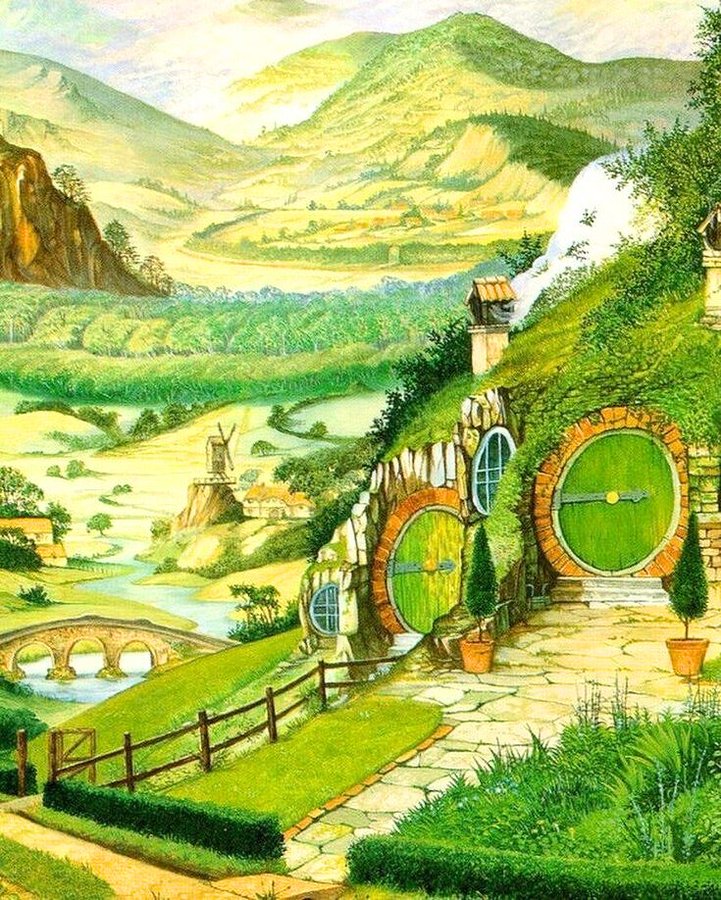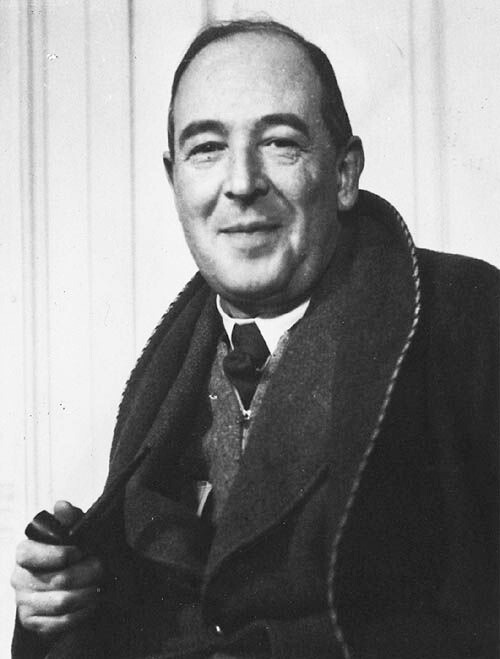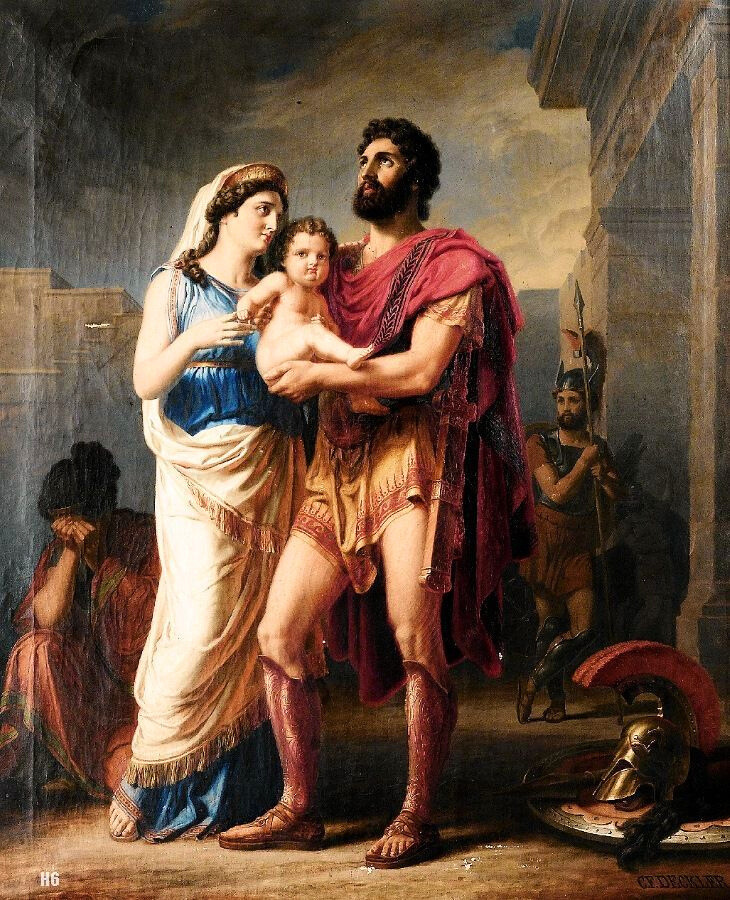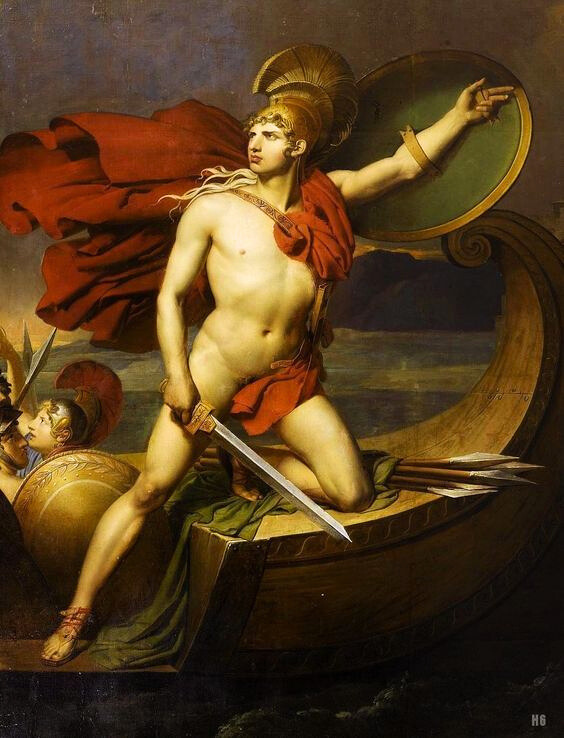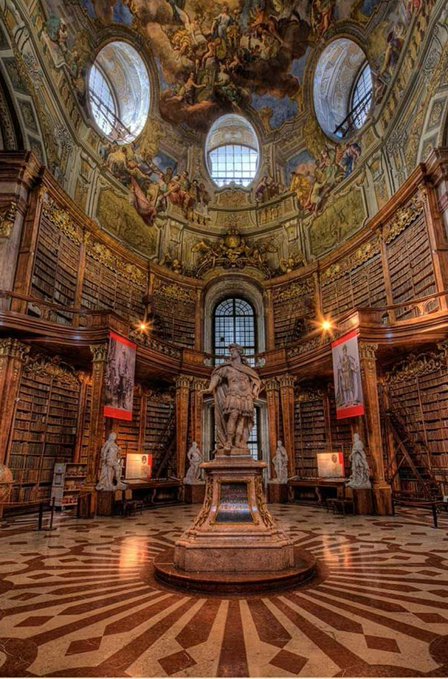Dostoevsky demolished Karl Marx in a single paragraph
In just a few lines, he dismantled Communism — and exposed the evil at its rotten core
Here’s what Dostoevsky wrote, and how it put Marx and Communism to shame…🧵
In just a few lines, he dismantled Communism — and exposed the evil at its rotten core
Here’s what Dostoevsky wrote, and how it put Marx and Communism to shame…🧵

First, let’s recap Marx’s communism:
He called for the poor to overthrow the rich and seize the means of production
Why?
Because it would (in theory) create a utopian society, free of suffering
He called for the poor to overthrow the rich and seize the means of production
Why?
Because it would (in theory) create a utopian society, free of suffering
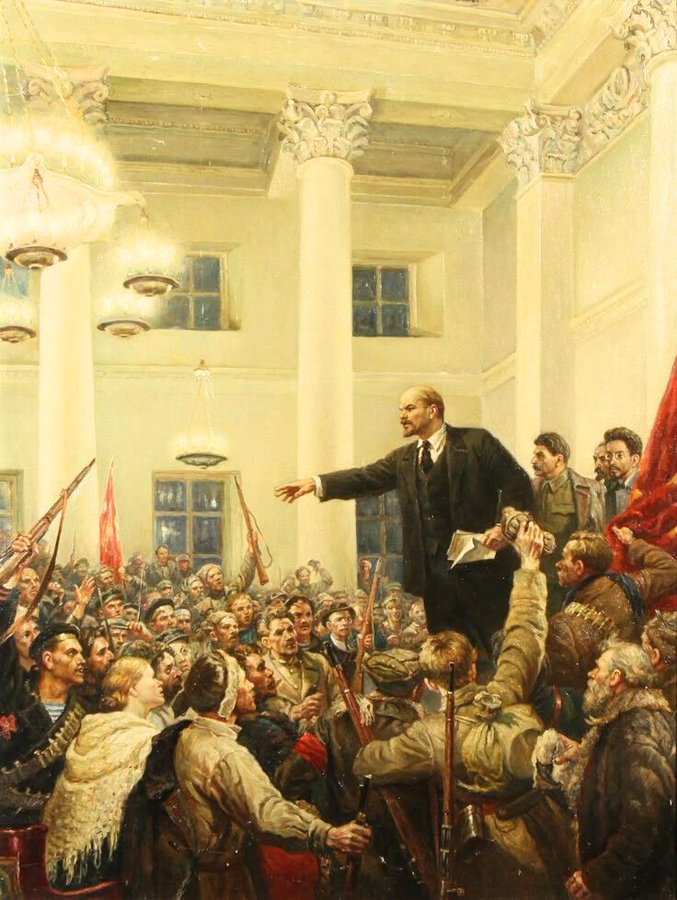
At first glance, such a society might sound nice
Who wouldn’t want to create an equal society, free of suffering?
But Dostoevsky saw a grave danger in this dream
In “Notes from Underground,” he issues a prophetic warning against communist utopianism
Who wouldn’t want to create an equal society, free of suffering?
But Dostoevsky saw a grave danger in this dream
In “Notes from Underground,” he issues a prophetic warning against communist utopianism
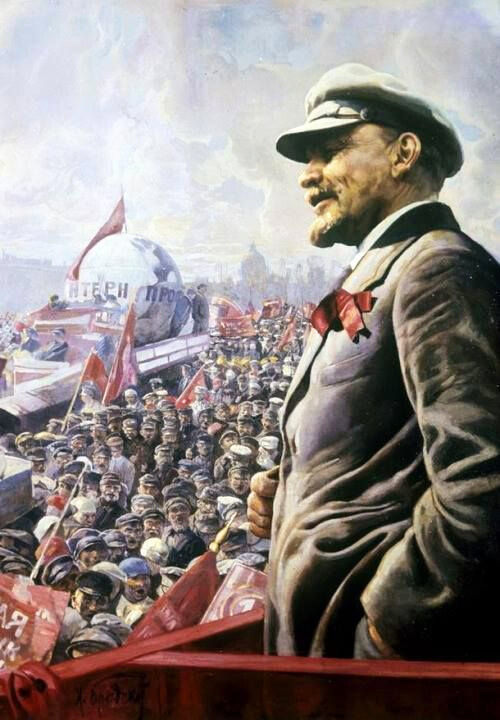
The story follows a protagonist — “The Underground Man”
He’s a bitter 40 year old misanthrope:
Intelligent, but cowardly, spiteful, and lonely
He spends his days brooding in his underground apartment, angry at the world
He’s a bitter 40 year old misanthrope:
Intelligent, but cowardly, spiteful, and lonely
He spends his days brooding in his underground apartment, angry at the world
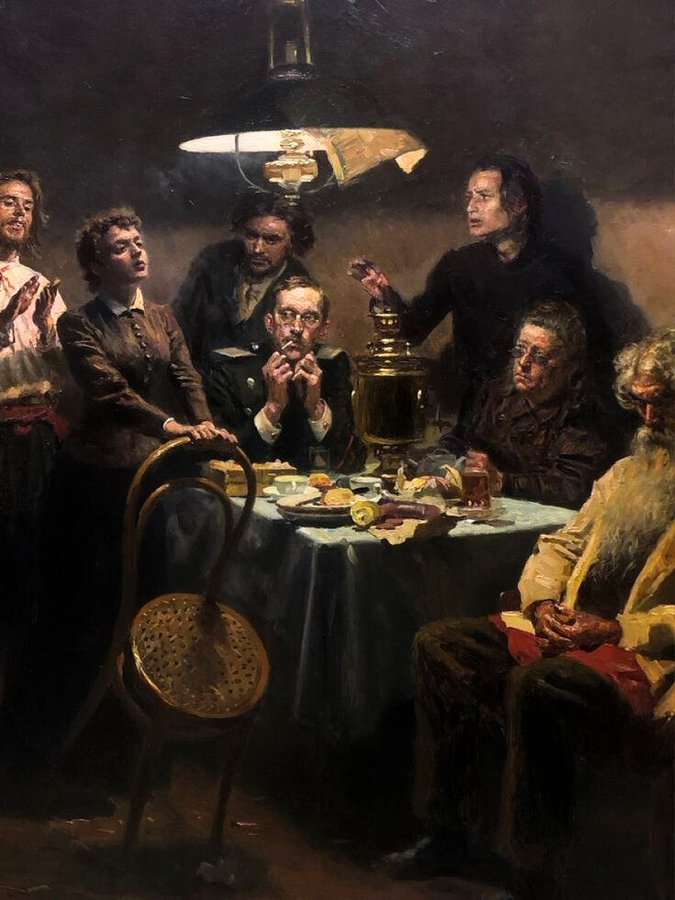
Alienated and alone, he hates everything:
- Women
- Men more successful than him
- Civilization itself
Despite his wrath, however, he stumbles upon a prophetic truth
- Women
- Men more successful than him
- Civilization itself
Despite his wrath, however, he stumbles upon a prophetic truth
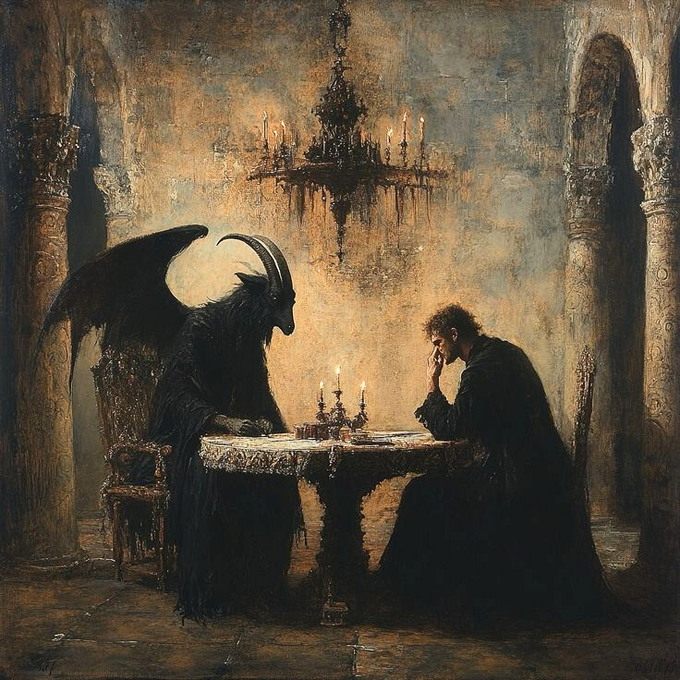
What does the man hate most about society?
Its utopianism
Russia at the time was flirting with nihilistic communism:
The dream of building a “perfect,” society that could abolish human suffering
Its utopianism
Russia at the time was flirting with nihilistic communism:
The dream of building a “perfect,” society that could abolish human suffering
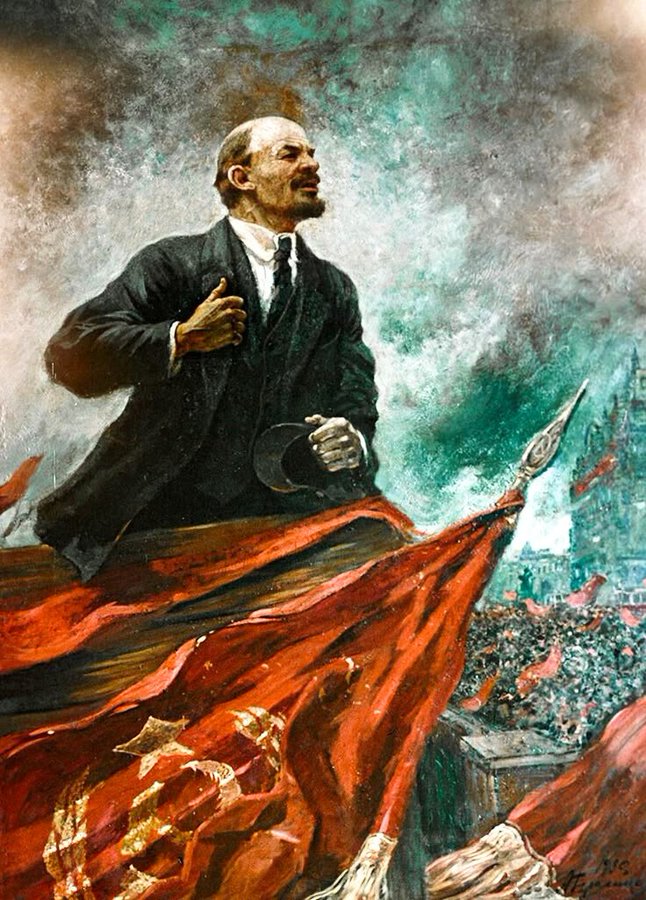
The underground man rejects this dream
He gives a brutal, simple retort that destroys communism at its core
How so?
It reveals the grave error communism makes about human nature
Here’s what he says:
He gives a brutal, simple retort that destroys communism at its core
How so?
It reveals the grave error communism makes about human nature
Here’s what he says:

“Shower upon man every earthly blessing,
Drown him in a sea of happiness
Give him economic prosperity,
So that he’d have nothing to do but sleep, eat cake, and busy himself with the continuation of his species…”
How would such a man respond to Utopia?
Drown him in a sea of happiness
Give him economic prosperity,
So that he’d have nothing to do but sleep, eat cake, and busy himself with the continuation of his species…”
How would such a man respond to Utopia?
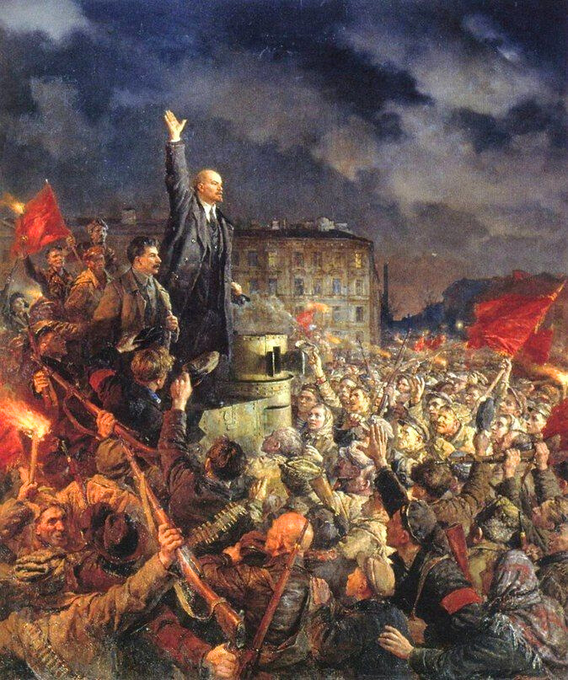
The narrator states:
“Out of sheer ingratitude, he would play some nasty trick,
He will contrive destruction and chaos,
He would inflict suffering upon himself and others…
Only to prove that he is still a man and not a piano key!”
“Out of sheer ingratitude, he would play some nasty trick,
He will contrive destruction and chaos,
He would inflict suffering upon himself and others…
Only to prove that he is still a man and not a piano key!”
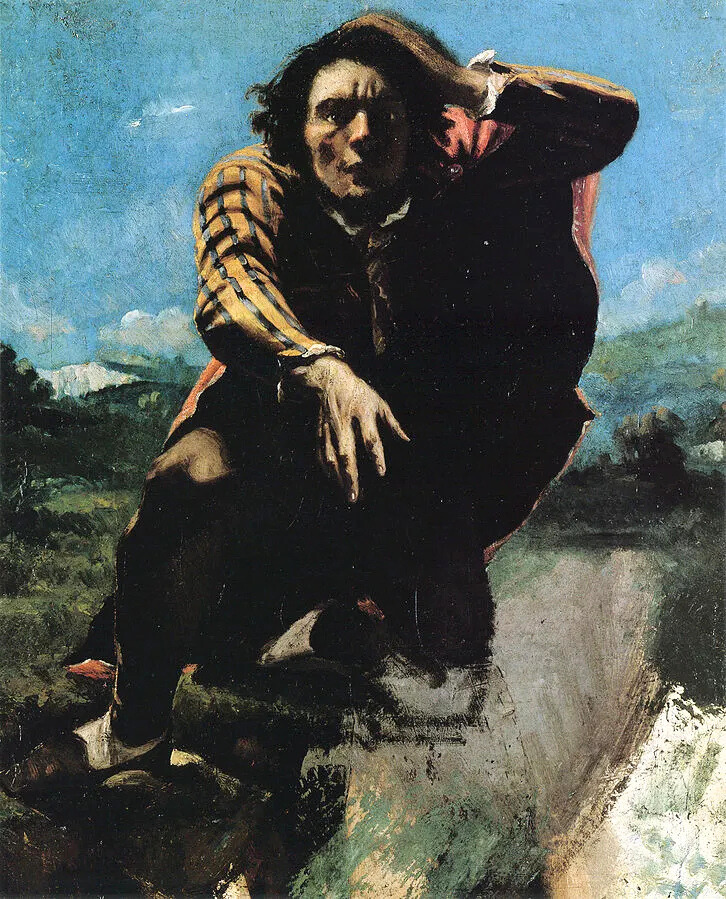
The point:
Even if a communist “utopia,” was built, man would destroy it
Mankind would seek suffering, hardship, and trial… Why?
Because human nature was not built for endless comfort:
Endless pleasure rots a man’s soul
Even if a communist “utopia,” was built, man would destroy it
Mankind would seek suffering, hardship, and trial… Why?
Because human nature was not built for endless comfort:
Endless pleasure rots a man’s soul
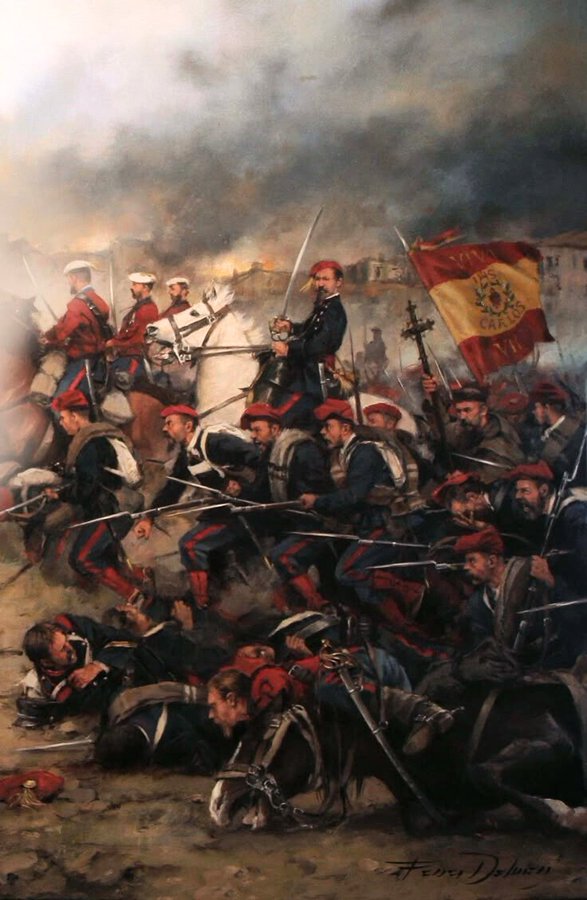
The narrator concludes:
“The whole work of man consists in proving to himself that he is a man and not a piano-key!”
Man was not made to be a slave to pleasure
He was made for struggle and virtue
Ironically, trials and tribulations make life meaningful
“The whole work of man consists in proving to himself that he is a man and not a piano-key!”
Man was not made to be a slave to pleasure
He was made for struggle and virtue
Ironically, trials and tribulations make life meaningful

Dostoevsky concludes:
“To love is to suffer, and there can be no love otherwise”
It’s a paradox — love makes you suffer, but only love can conquer suffering
If you persevere through pain with a loving heart, you transcend your pain:
You become fully human
“To love is to suffer, and there can be no love otherwise”
It’s a paradox — love makes you suffer, but only love can conquer suffering
If you persevere through pain with a loving heart, you transcend your pain:
You become fully human
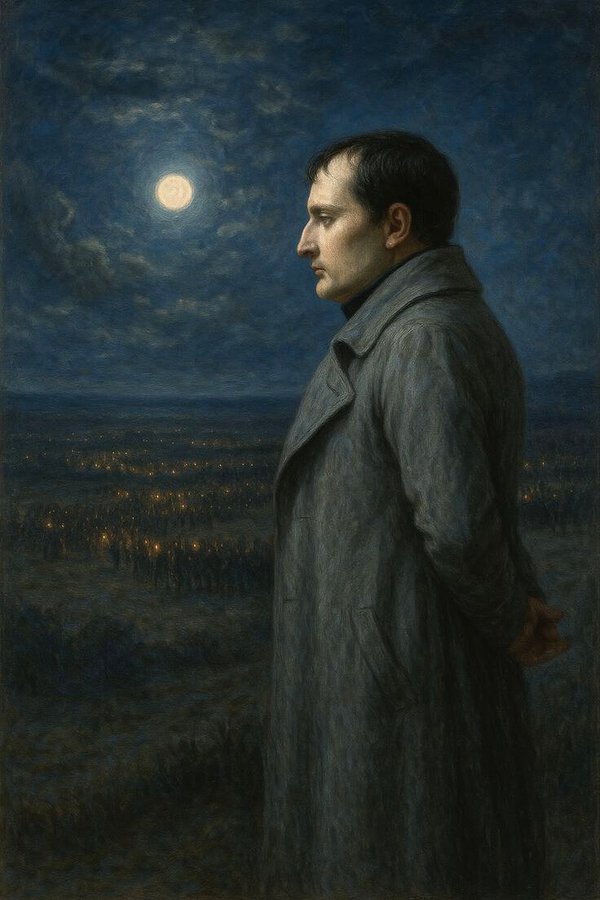
To conclude:
A life spent hiding from pain is a life of cowardice
A life spent embracing trials through a loving spirit is the path to greatness
Dostoevsky urges you:
Reject pleasure, utopia, and comfort — become great-souled through your pain
A life spent hiding from pain is a life of cowardice
A life spent embracing trials through a loving spirit is the path to greatness
Dostoevsky urges you:
Reject pleasure, utopia, and comfort — become great-souled through your pain
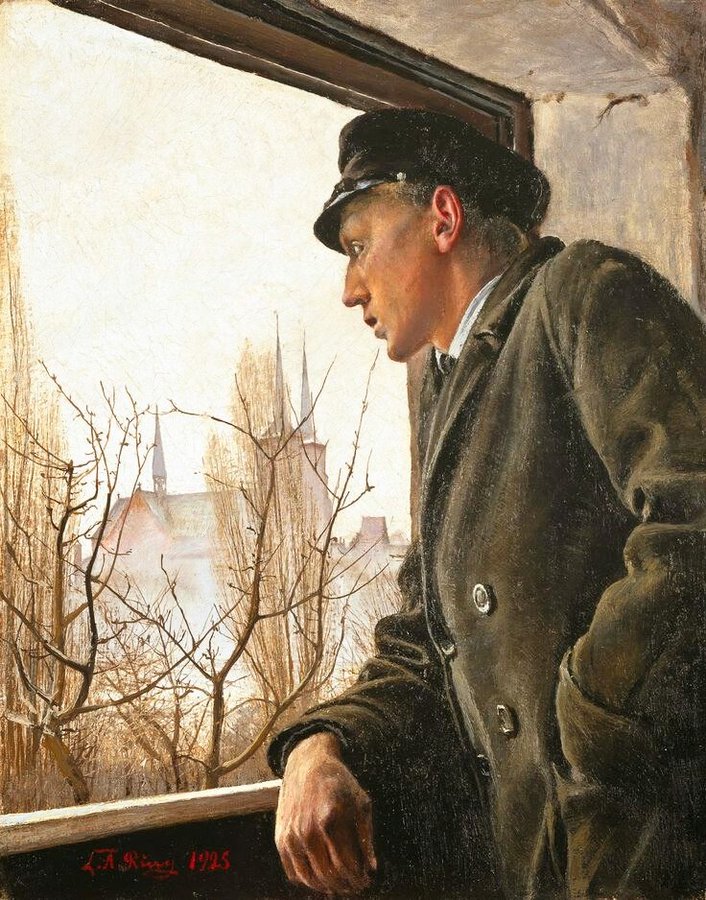
If you want to learn the great books, join us at the Athenaeum Book Club here!
We’re diving back into The Iliad on Tuesday, August 5th at 12 PM EDT — hope to see you there. athenaeumbooks.com
We’re diving back into The Iliad on Tuesday, August 5th at 12 PM EDT — hope to see you there. athenaeumbooks.com
• • •
Missing some Tweet in this thread? You can try to
force a refresh





